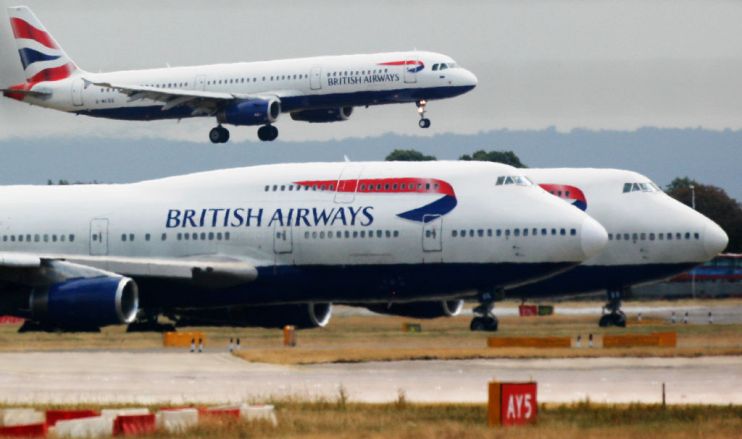All eyes on the open: Investors brace for choppy week as Omicron looms over markets

Investors are bracing for a choppy week on markets as fears the new Omicron variant of coronavirus could derail the global battle against the disease spread rapidly.
London markets capped off last week with a mauling driven by a wave of selling triggered by the emergence of the new Covid-19 variant which may have the capacity to evade vaccines.
The capital’s premier FTSE 100 index suffered its steepest fall in a year and a half on Friday, plummeting 3.64 per cent to 7,044.03 points.
Experts are gearing up for further volatility in the City due to investors pulling money until more information about the severity of Omicron emerges, a throwback to the early stages of the pandemic when traders frantically poured over infection data to guide investment decisions.
“Fear of the unknown will weigh heavily” on markets this week, said Craig Erlam, senior market analyst at Oanda, said.
In a sign of which sectors could be battered this week, stocks that suffered the hardest hits back in March 2020 when the UK entered its first lockdown also plunged on Friday, suggesting Covid-19 is set to become a key factor driving markets once again.
British Airways parent company IAG had 14.85 per cent shaved off its share price, while Rolls Royce tumbled over 11 per cent.
Fellow airlines easyJet and Wizz Air were whacked 11.45 per cent and 15.23 per cent respectively.
Tourism stocks are expected to build on losses tomorrow due to “investors digest[ing] the implications of the new variant,” Neil Shearing, group chief economist at Capital Economics, warned.
Sectors that are heavily exposed to swings in economic activity, such as banks, are also being touted by the City as being potential casualties of this week’s Omicron driven volatility.
The emergence of the new variant poses serious downside risks to the world’s economic recovery from the pandemic being thrown off course, especially if it prompts stricter restrictions beyond travel curbs, such as tough domestic measures on social interaction.
The prospect of the economy stalling once again amid tighter pandemic restrictions has prompted an unwinding of bets on the Bank of England raising interest rates next month. Markets are now pricing in a 55 per cent chance of a rate hike in December.
A return to tough Covid-19 prevention measures would whack oil prices due to demand for the commodity pulling back.
Just on Friday, prices for Brent Crude and WTI, the two main international benchmarks, fell 13.06 per cent and 11.55 per cent respectively.
Friday’s bloodbath extended beyond London and bled into the world’s major exchanges.
On Wall Street, the blue-chip S&P 500 dropped 2.27 per cent and the Dow Jones registered its worst day of the year, finishing 2.53 per cent lower. Volatility in the US was intensified by senior traders taking long Thanksgiving weekend holidays.
Europe fared even worse than Britain and America. Germany’s flagship Dax 30 index fell over four per cent, while the pan-European Stoxx 600 dropped 3.67 per cent.